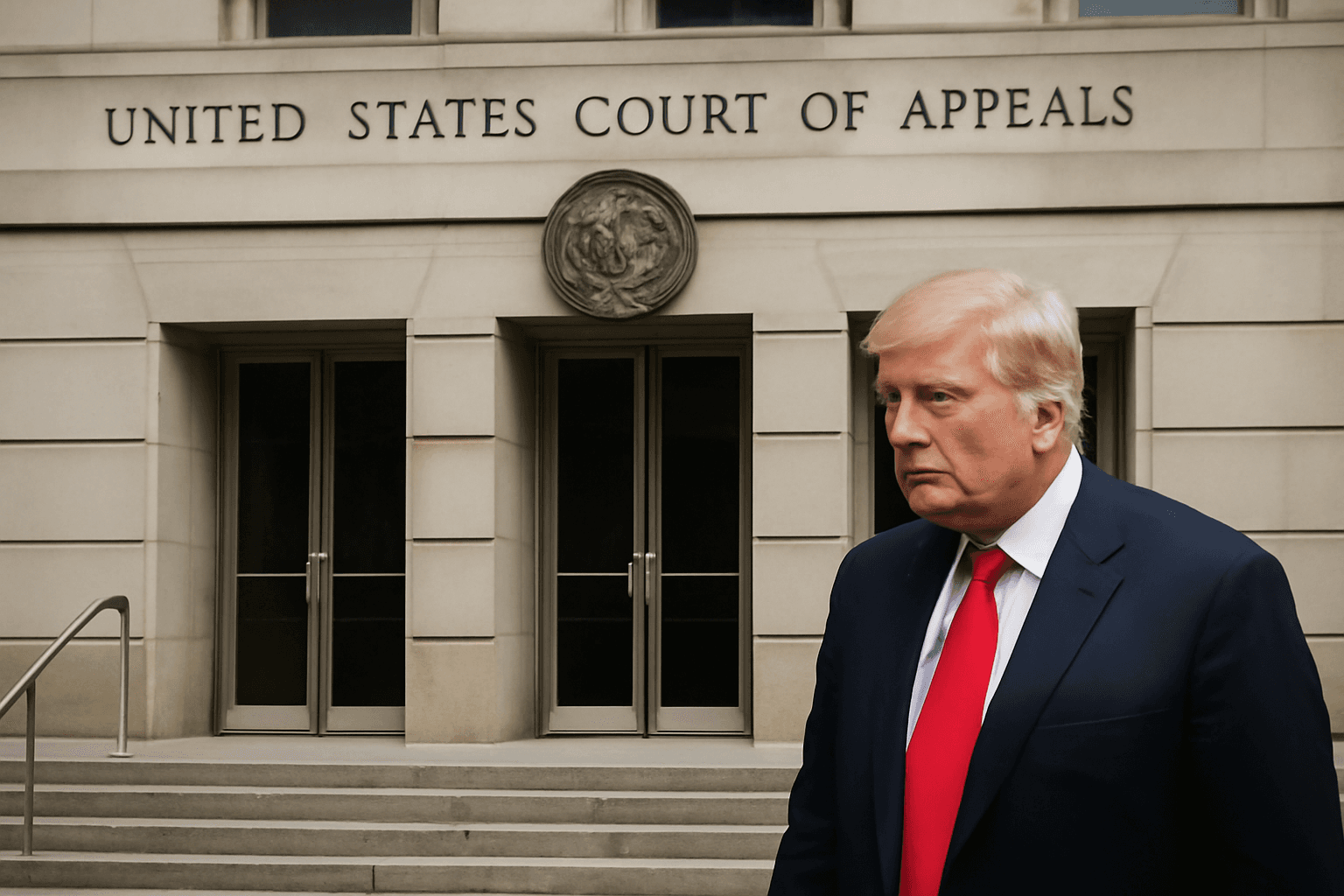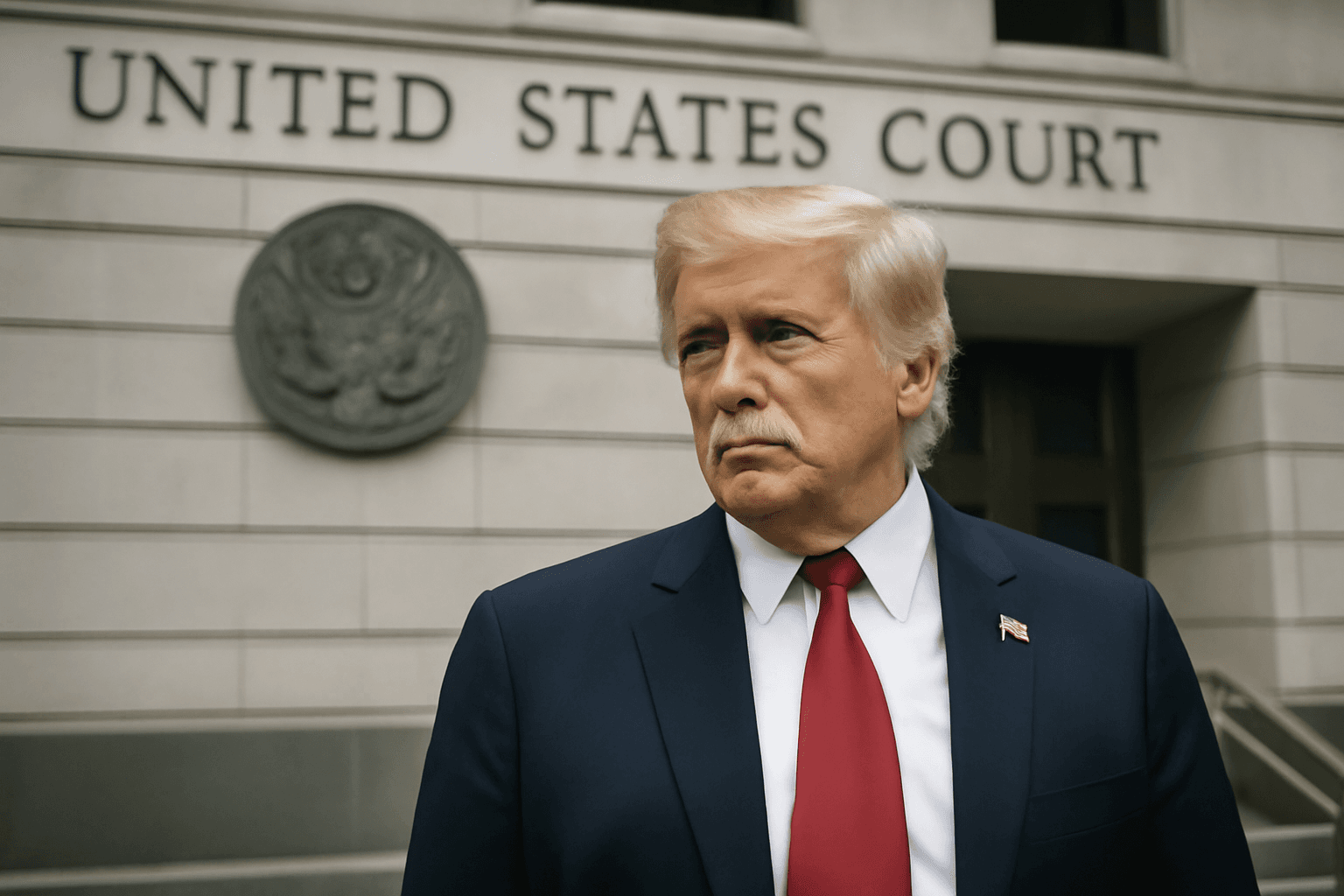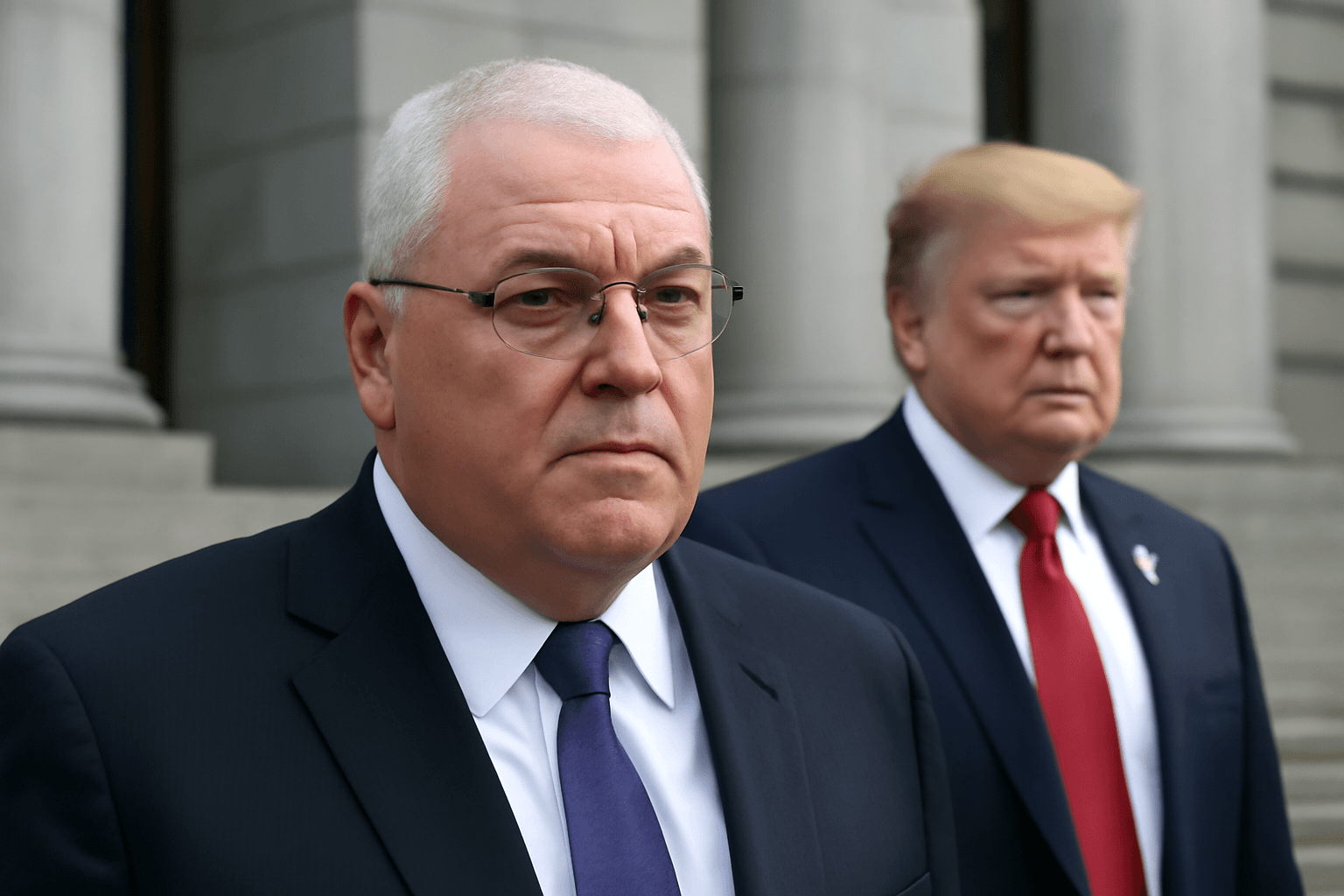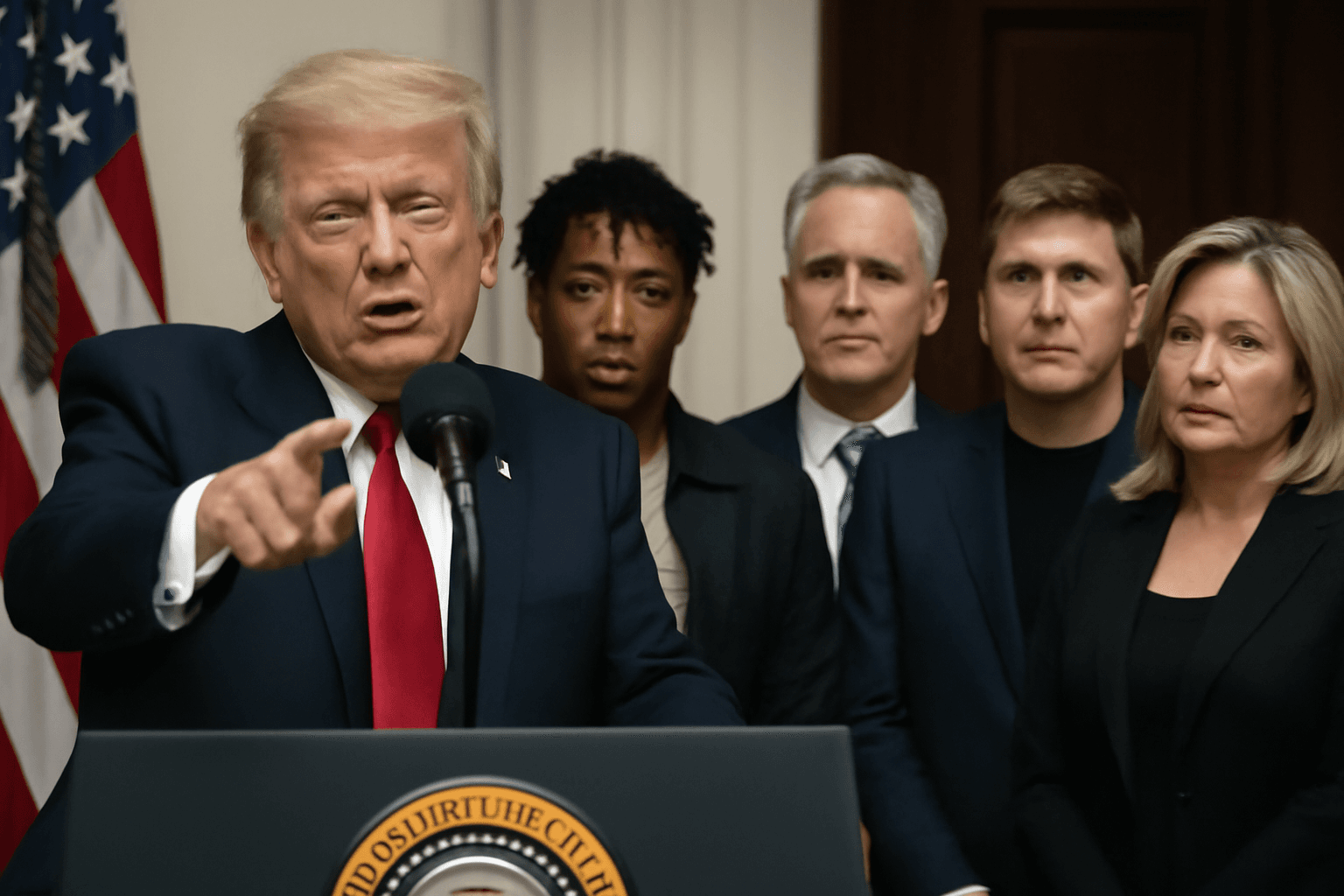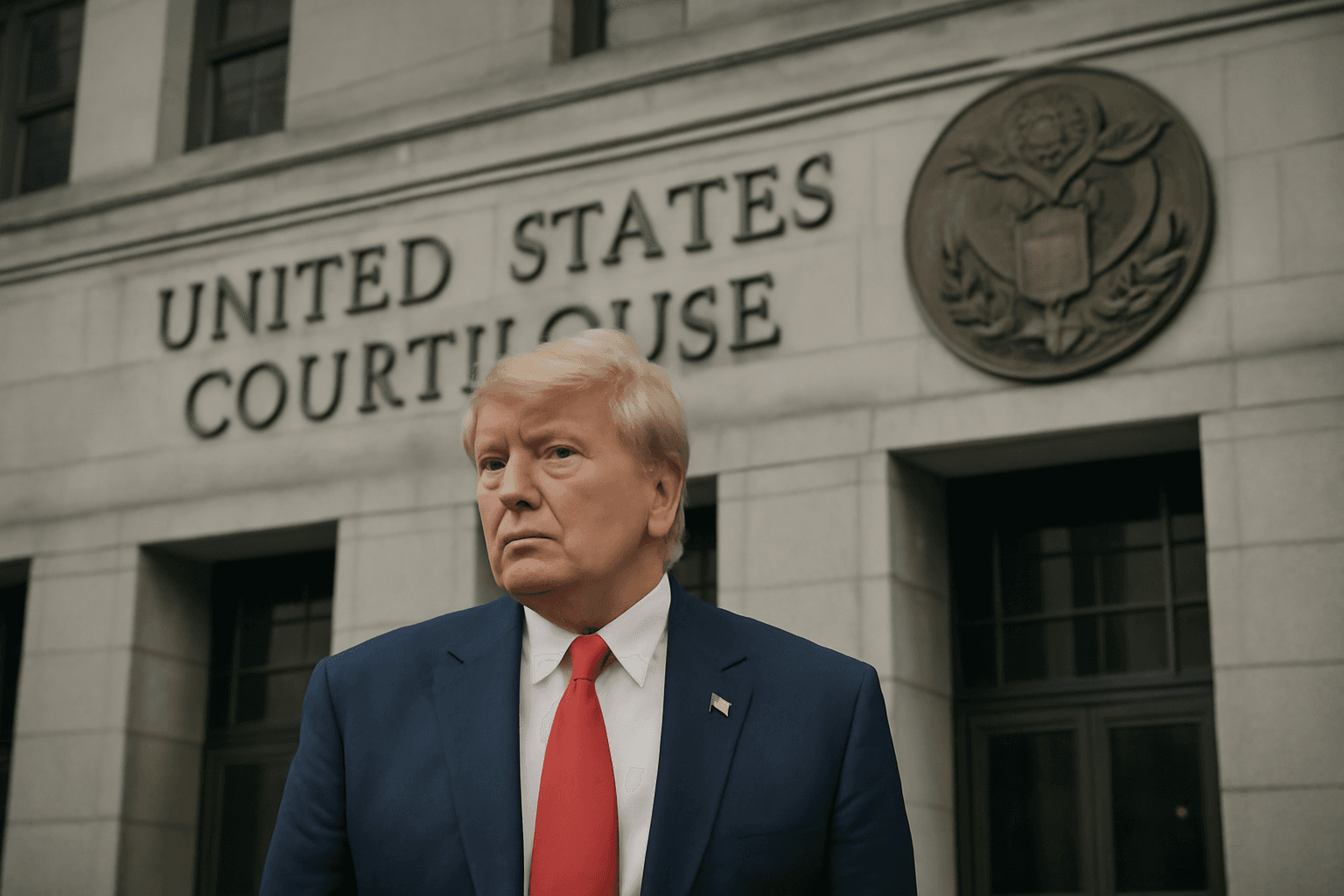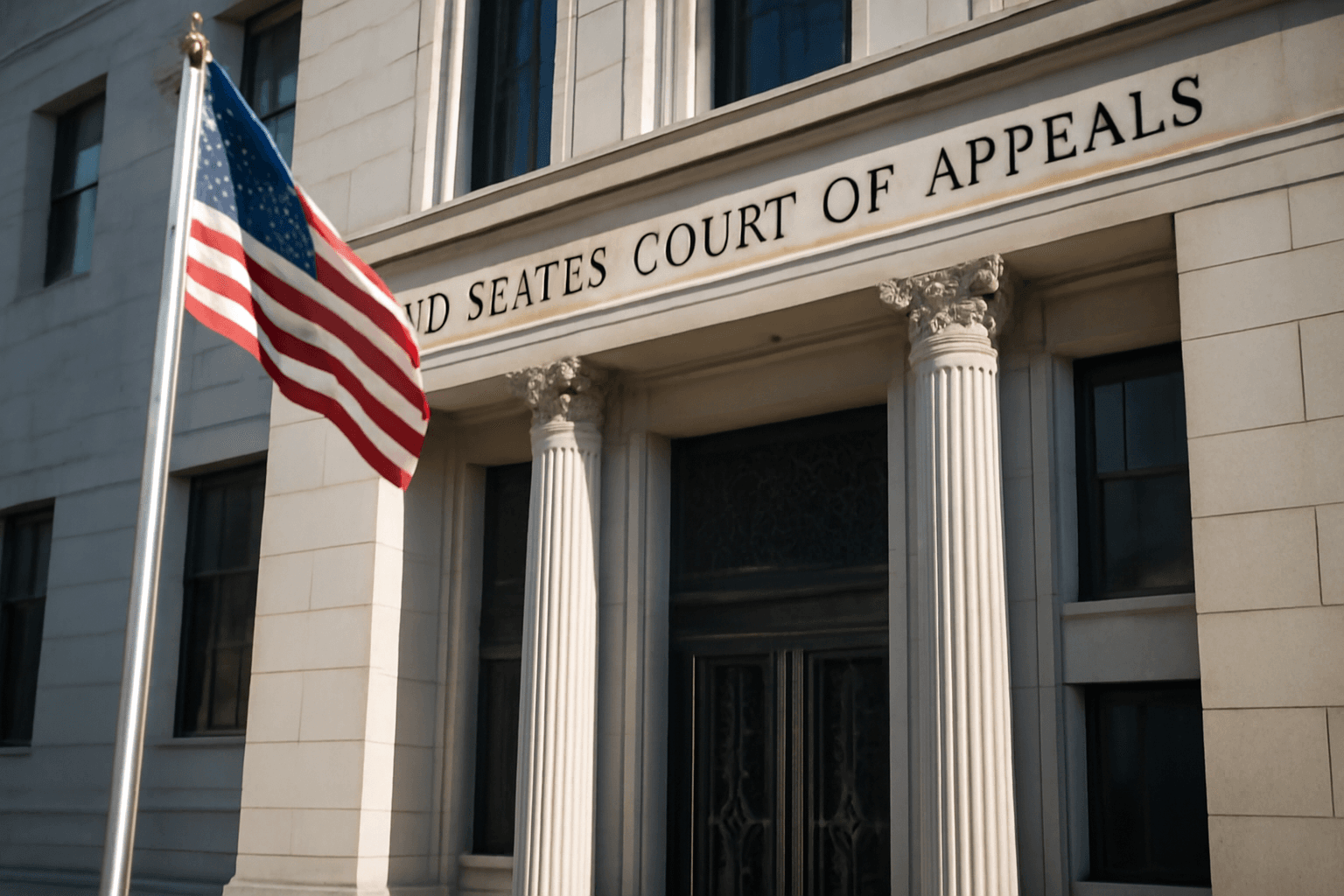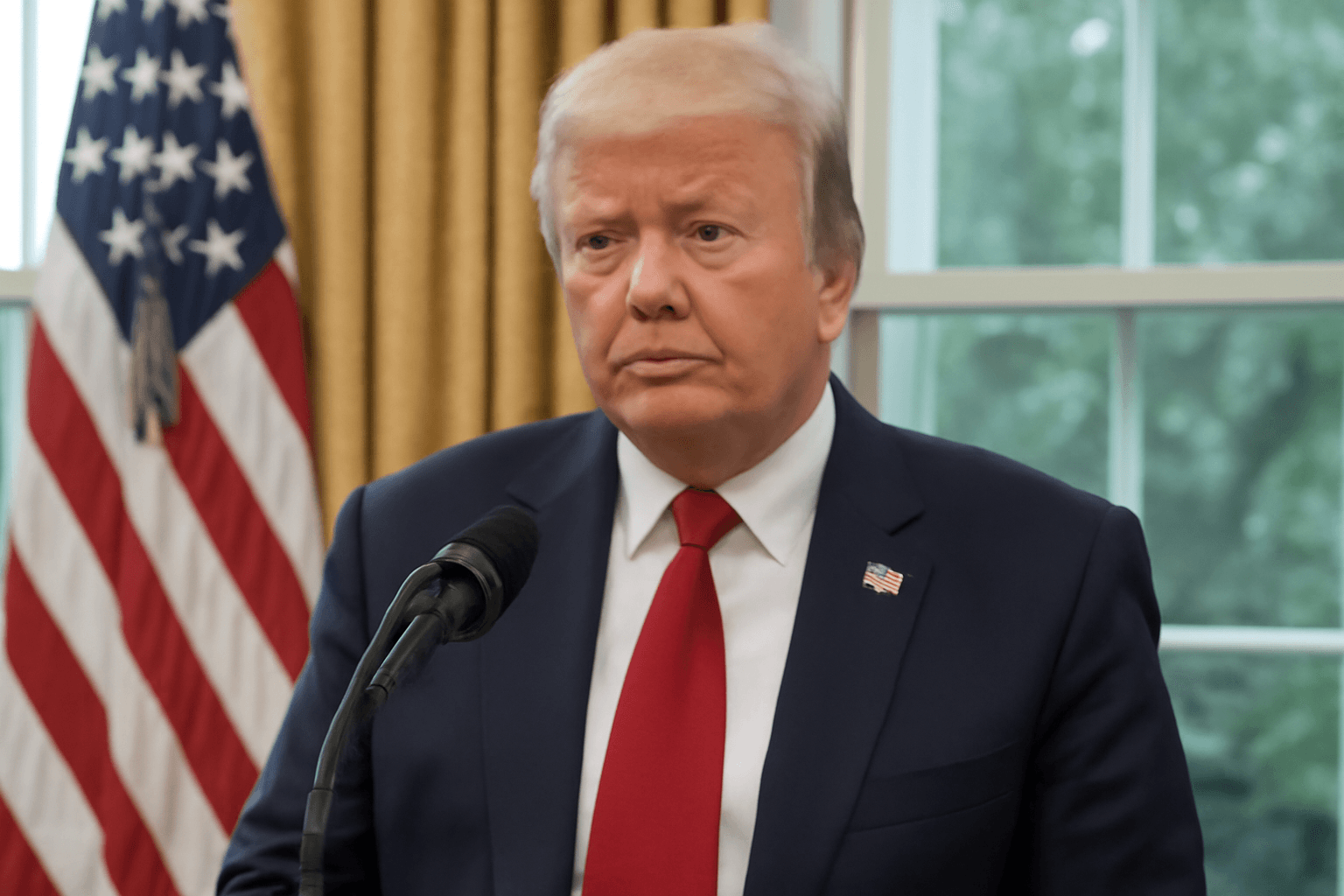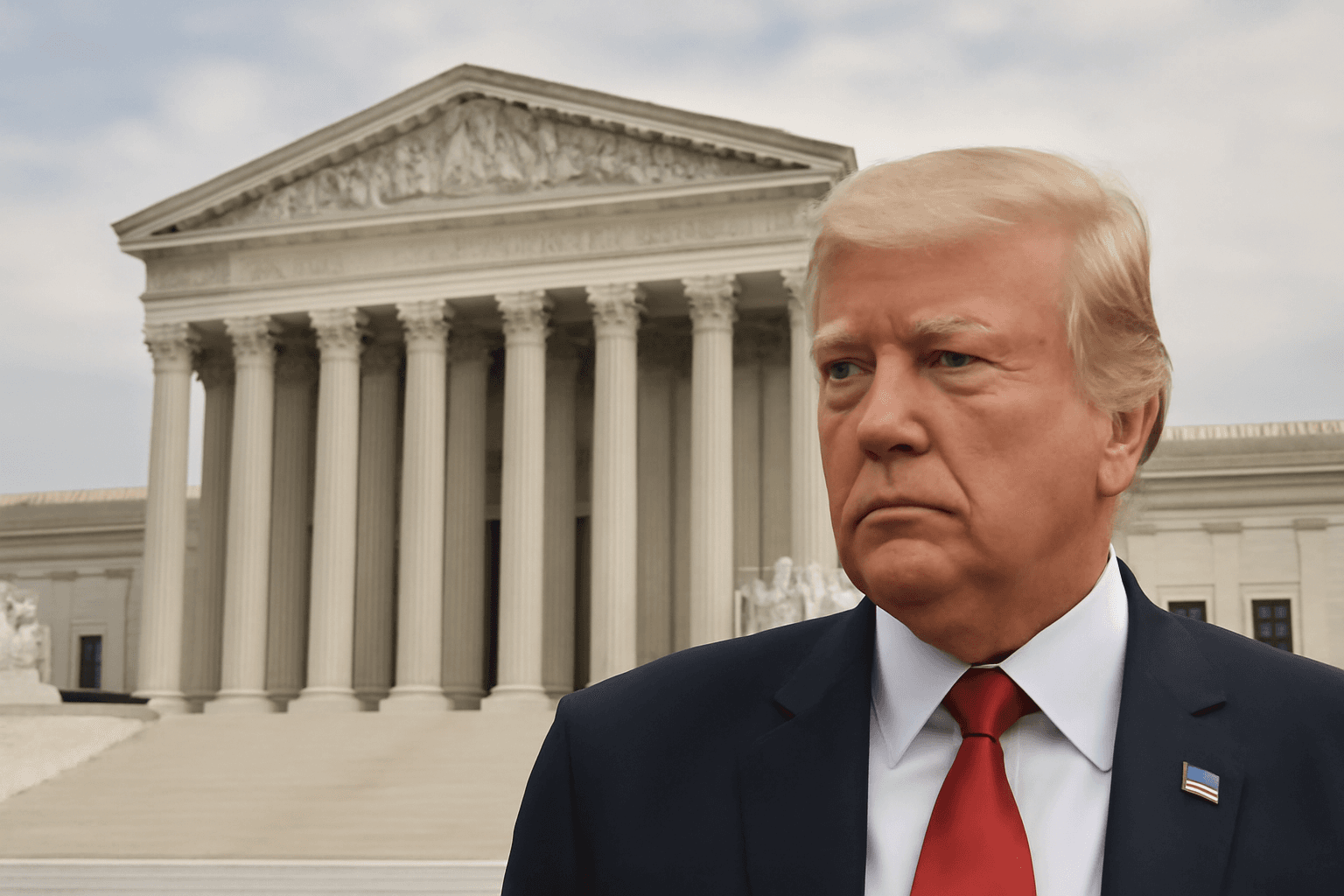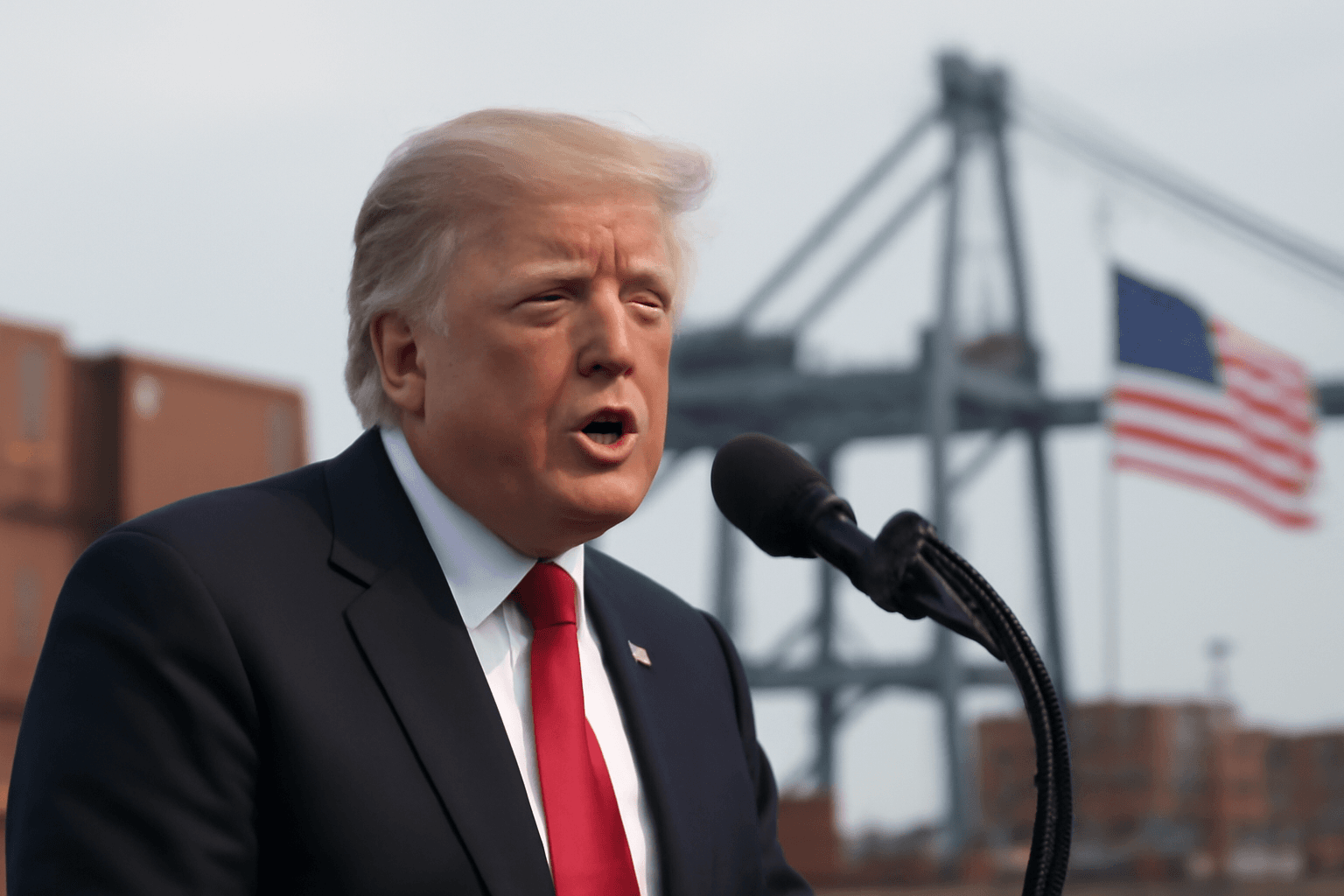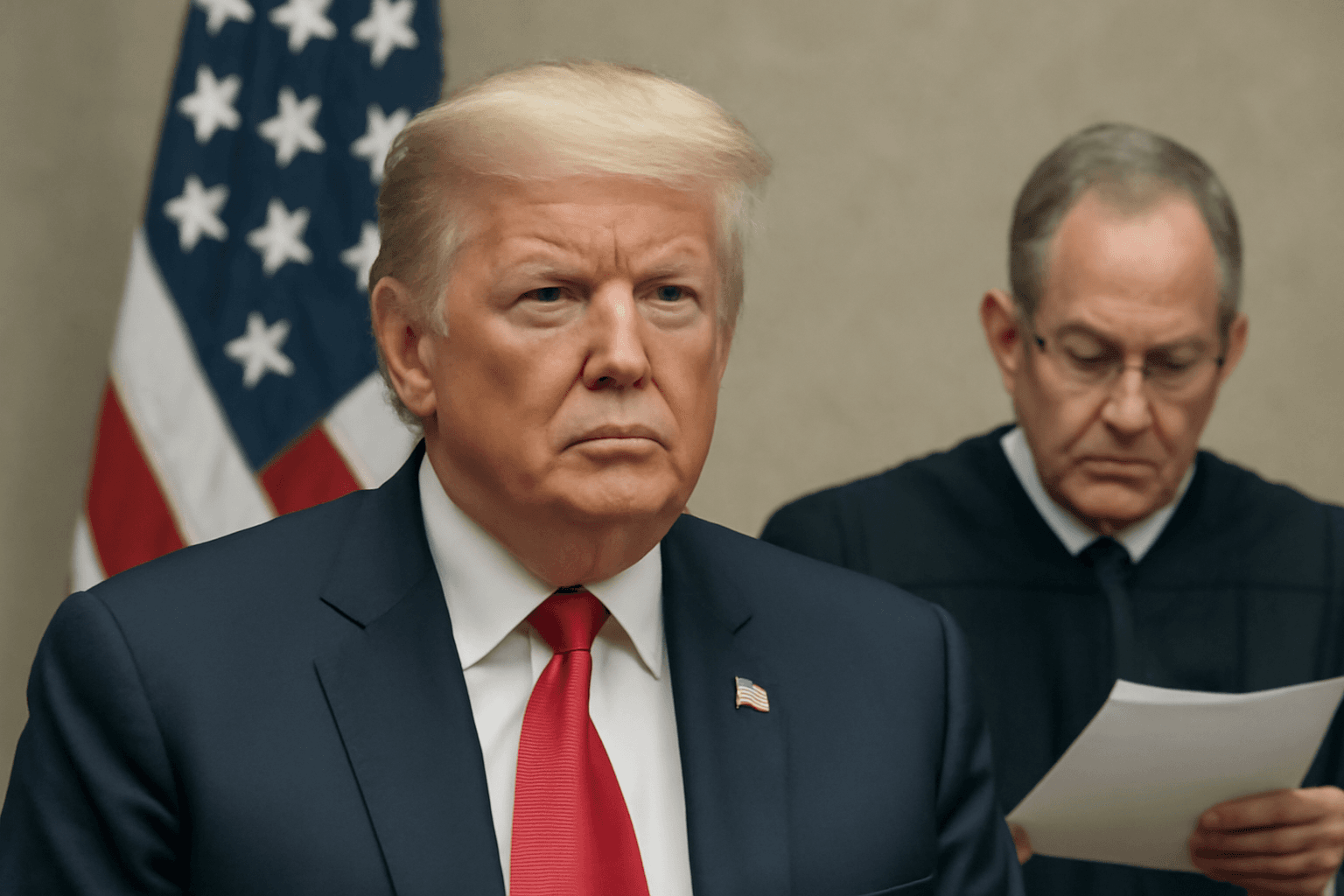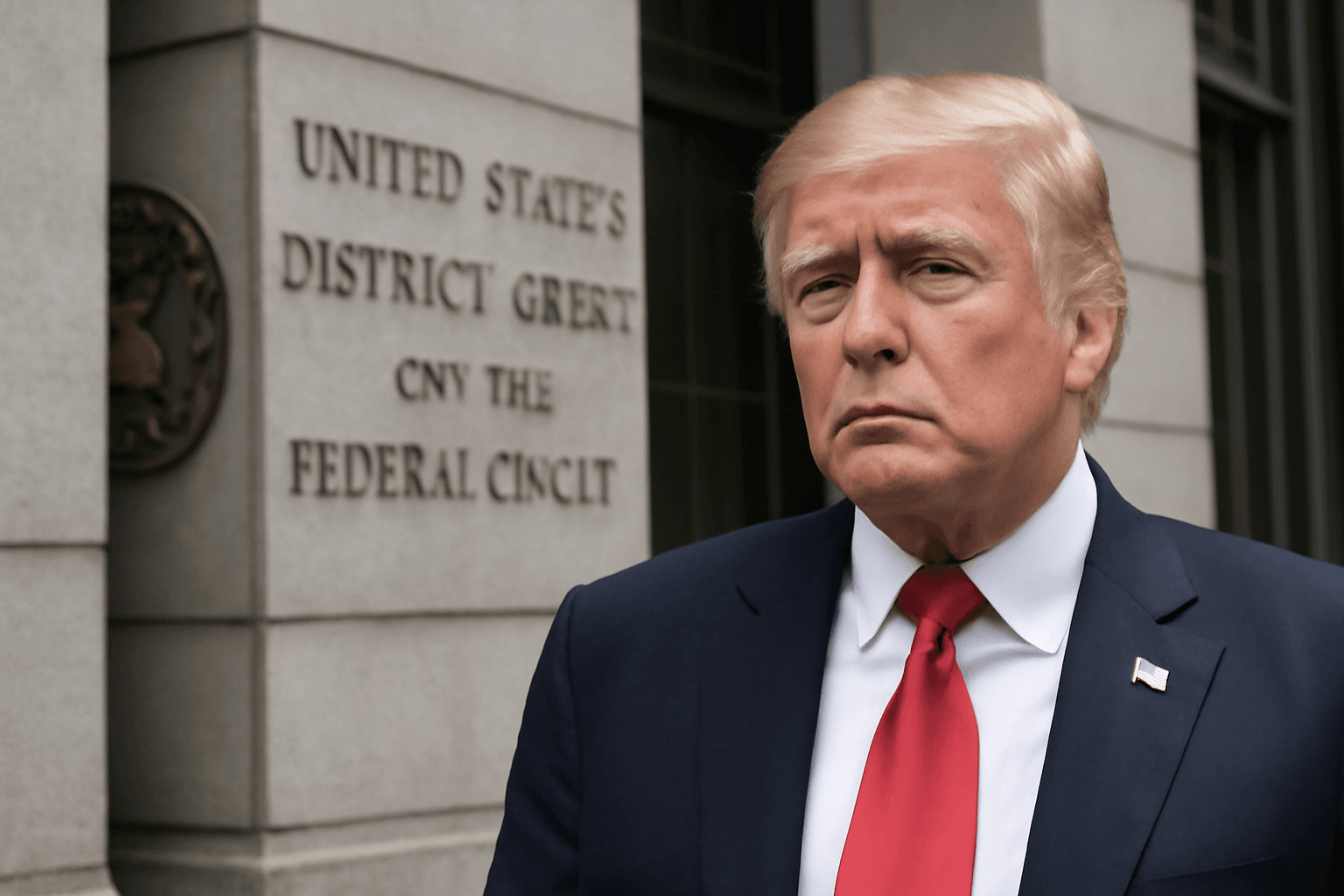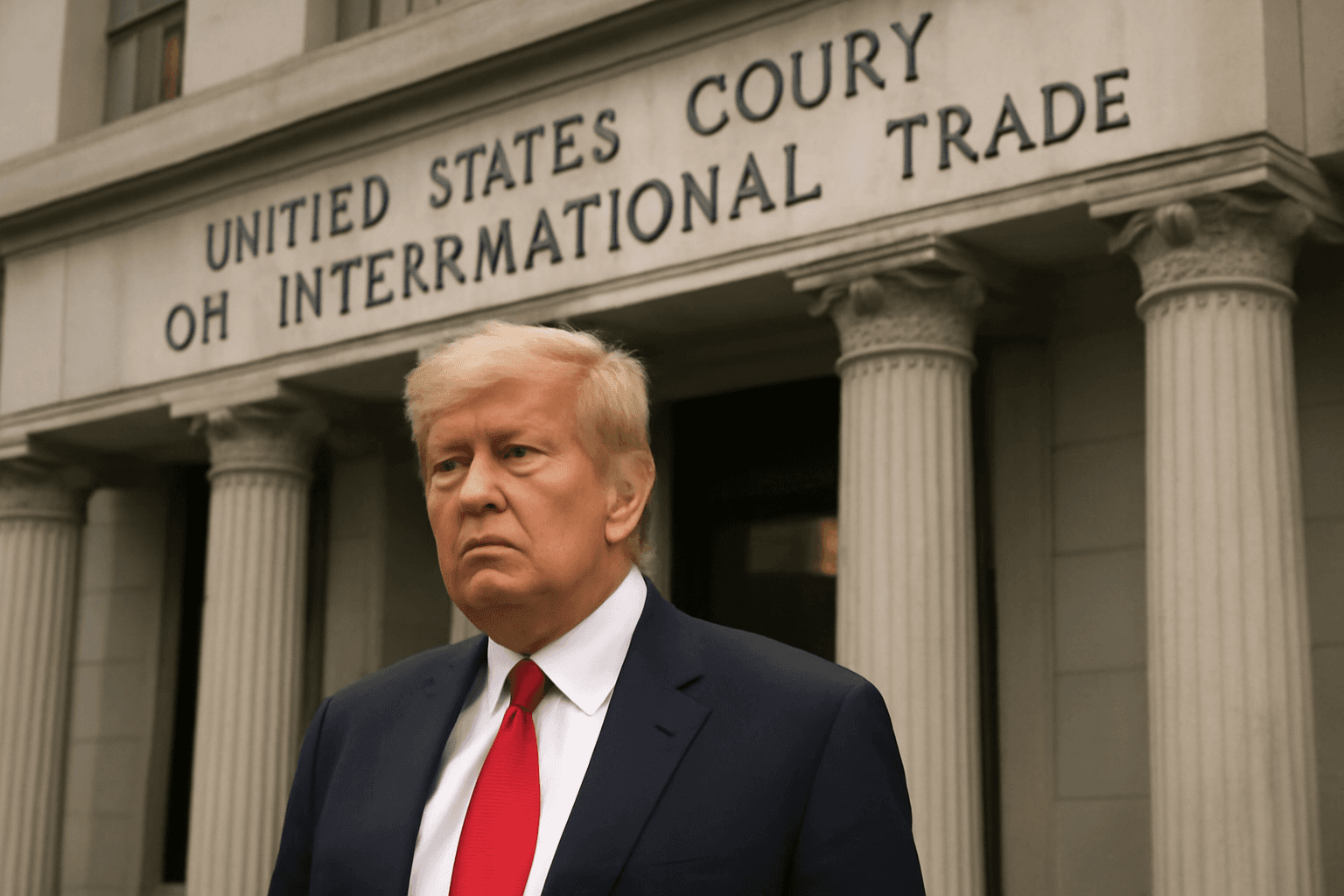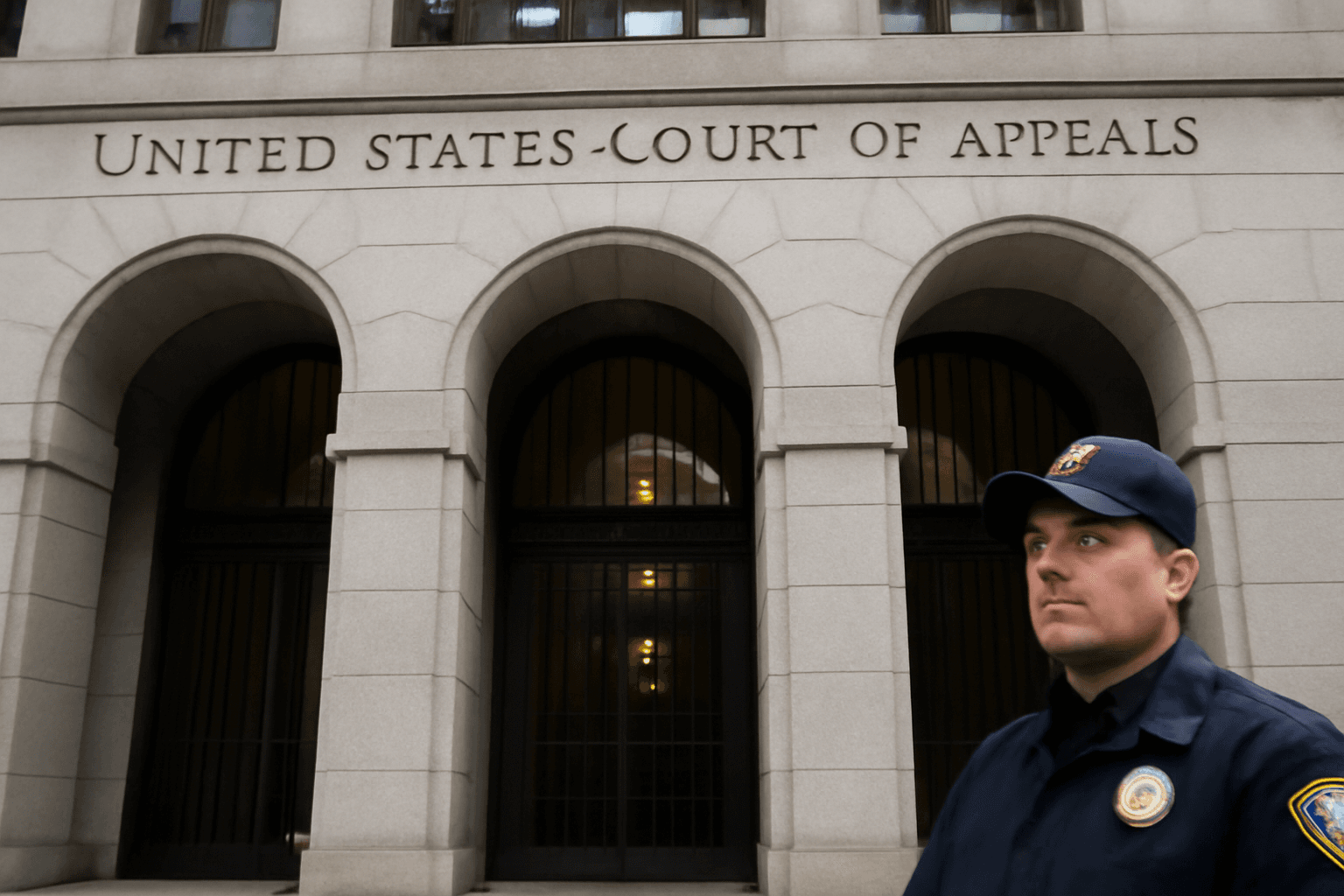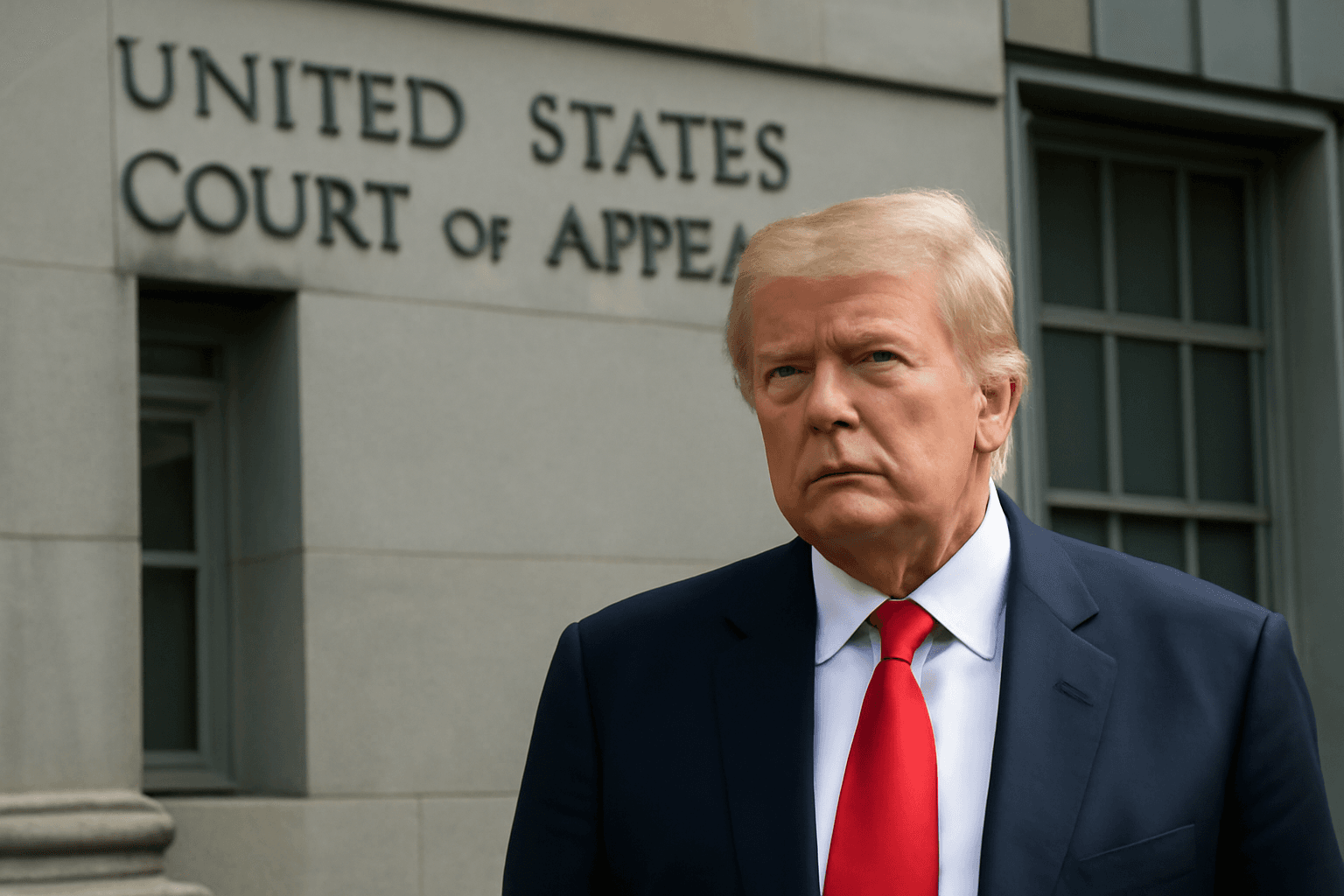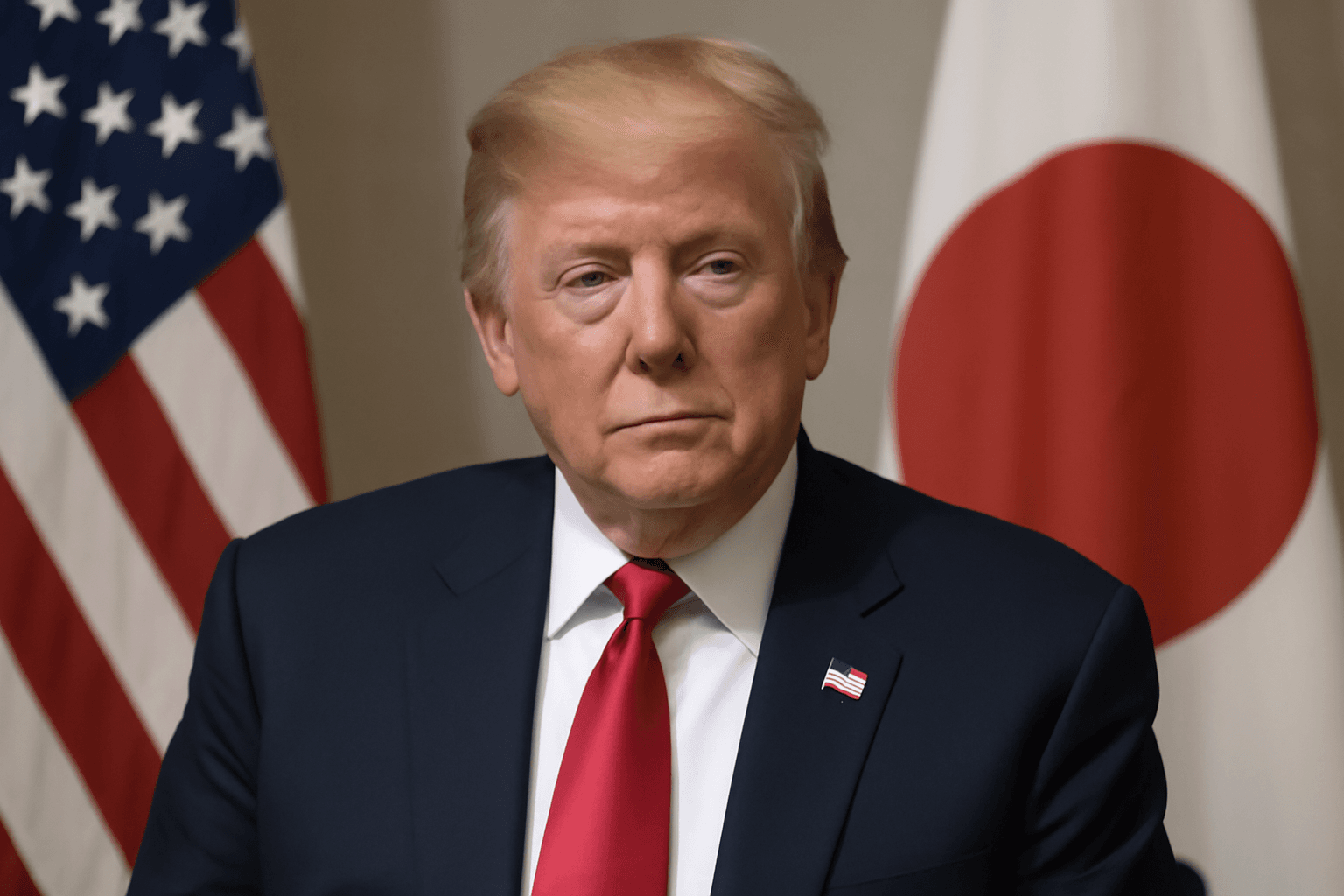An appeals court has temporarily upheld the enforcement of tariffs implemented under former President Donald Trump's administration, despite a recent ruling from the U.S. Court of International Trade deeming these duties illegal.
The U.S. Court of Appeals for the Federal Circuit issued an administrative stay, permitting the government to continue collecting tariffs imposed on foreign goods. This decision reverses the prior mandate that called for a suspension of certain tariffs within 10 days.
These tariffs, introduced as part of Trump’s expansive trade policies, have significantly impacted global trade relationships and supply chains, including those within the United States. The trade policies have been contentious, sparking legal challenges from businesses and state coalitions alleging that the president exceeded Congress's authority by imposing wide-ranging tariffs under the International Emergency Economic Powers Act of 1977 (IEEPA).
After the appellate court’s ruling, Trump’s trade advisor Peter Navarro noted that multiple countries had contacted the administration expressing willingness to continue negotiations in good faith, though he did not specify which nations.
The original decision by the Court of International Trade was strongly criticized by the former president, who labeled it politically motivated and urged the Supreme Court to intervene. The court had ruled that the IEEPA does not grant the president unlimited authority to impose tariffs, describing such delegation as unconstitutional.
White House spokesperson Karoline Leavitt echoed this sentiment, asserting that judicial interference undermines the executive branch’s ability to conduct sensitive trade and diplomatic negotiations, and called for a definitive resolution by the Supreme Court.
Legal experts suggest the case may ultimately be decided by the Supreme Court, but they do not anticipate this will end the ongoing tariff disputes. Market analysts warn that the complex repercussions of these tariffs will continue to disrupt supply chains globally.
As the legal proceedings progress, the balance between executive power and Congressional authority over trade policy remains at the forefront of the debate.

